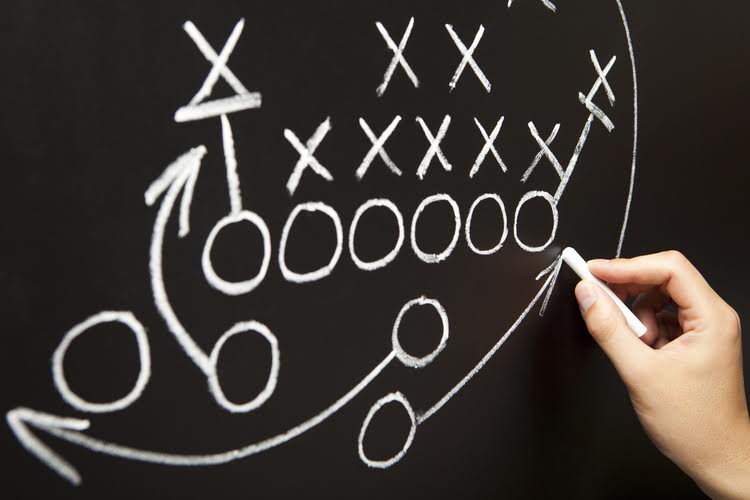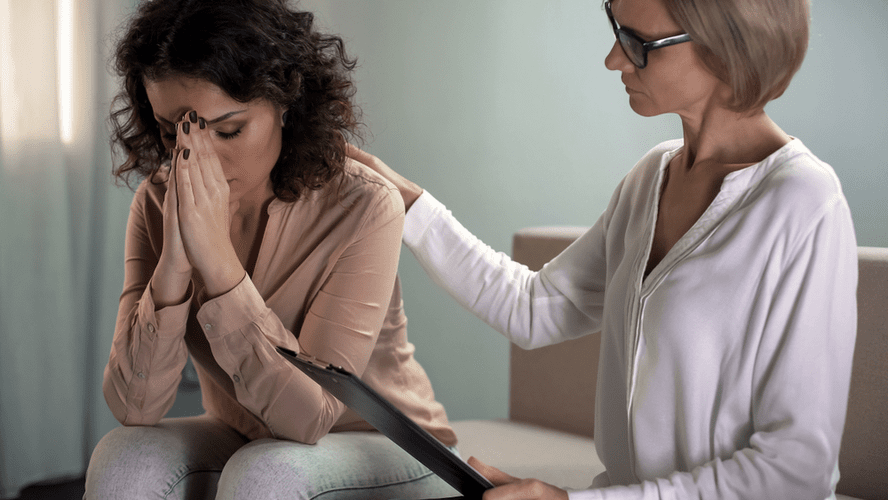Co-Occurring Alcohol Use Disorder and Anxiety: Bridging Psychiatric, Psychological, and Neurobiological Perspectives
Co-Occurring Alcohol Use Disorder and Anxiety: Bridging Psychiatric, Psychological, and Neurobiological Perspectives
For investigators seeking to bridge the multiple disciplines included in this review, the findings concerning stress Substance abuse responses pose challenges and opportunities for future research. For example, can individuals with AUD be distinguished meaningfully based on objective stress reactivity and regulation indicators, and do subjective anxiety symptoms mark or moderate this distinction? For augmenting treatment for AUD, would targeting biological stress reactivity (e.g., hypothalamic pituitary adrenal activation) be more promising than targeting anxiety disorders?

Prevalence of depressive disorders and AUD
Lesen Sie auch:
Thus, this medication should be used very carefully when treating AUD patients. According to the National Institute on Drug Abuse (NIDA), the term “comorbidity” https://test.moringapower.in/index.php/2025/03/21/understanding-addiction-triggers-what-they-are-and/ describes two or more disorders or illnesses occurring in the same person. Comorbidity also implies interactions between the illnesses that can worsen the course of both (5). This means it slows down brain activity and impairs various functions in the brain and body. This makes it a popular choice for self-medication, as people experience a temporary easing of anxiety and may feel more sociable.
- Granger causality analysis is used to examine the dynamic links between the prevalence of anxiety and alcohol consumption, including wine, beer and spirits across a number of high-income countries.
- No use, distribution or reproduction is permitted which does not comply with these terms.
- Patients can expect improvements in anxiety symptoms within 4 to 6 weeks, with continued use leading to long-term relief.
- All professional medical services are provided by licensed physicians and clinicians affiliated with independently owned and operated professional practices.
- Patients should discuss their alcohol use with healthcare providers, especially if they are taking medications for mental health or other conditions.
Ways Drinking Alcohol Could Give You Anxiety
- As alcohol leaves the system, the body experiences a rebound effect, leading to increased heart rate, blood pressure, and feelings of restlessness – all of which can trigger anxiety symptoms.
- For this continent, bidirectional causality between anxiety and wine consumption was not observed in any country.
- The co-occurrence of AUD and another mental health disorder can complicate the diagnoses and negatively impact the clinical course of both conditions.
- Support for the role of genetic factors as a cause for the co-presence of these disorders indirectly has been provided by family and twin studies (e.g., Merikangas et al. 1994, 1996; Tambs et al. 1997).
- Mental health experts suggest that while alcohol may initially provide a sense of relief or relaxation, it can exacerbate anxiety symptoms over time.
- Individuals who suffer from Panic Disorder are prone to recurring, severe panic attacks.
It seems that patients with PTSD should be examined carefully because this comorbidity is a major confound in terms of etiology, and there is not one treatment with clear evidence of efficacy in PTSD and AUD cases. The results for treatment medications remain inconclusive because of contradictory results. Despite the contradictory results, it has been found that individuals with AUD and PTSD can safely be prescribed medications used in non co-occurring populations, and patients improve with treatment (101).

Treatment for Alcohol Use and Anxiety Disorders
- If you’re feeling nervous about being in a social setting, you may pour yourself a glass of wine to self-regulate any stress.
- More than ever, the present experiences emotional or psychosocial problems such as depression or anxiety.
- In support of improving patient care, CME/CE activities offered have been planned and implemented by the Postgraduate Institute for Medicine and NIAAA.
- Sometimes, people turn to alcohol or other substances to help them hide from their problems or cope with symptoms of mental illness.
- Drinking floods the brain with the neurotransmitter (brain chemical) gamma-aminobutyric acid (GABA), which contributes to feelings of short-term relaxation.
- Struggling with anxiety and alcohol abuse can feel overwhelming, and it may be confusing to know where to start.
At this point in the addiction process, subjective negative affect predominates, especially during periods of sobriety and withdrawal. This later stage of addiction marks a shift from impulsive use driven by positive reinforcement to compulsive use driven by negative reinforcement. In this stage, compulsive substance use is aimed, in part, at decreasing the negative affect caused or aggravated by the allostatic does alcohol give you anxiety reset in the brain’s stress and mood systems. However, restricting attention to a single diagnosis and its relationship to alcohol misuse does not align with more recent research. Ongoing alcohol use lowers your brain’s dopamine, impacting your ability to enjoy life.